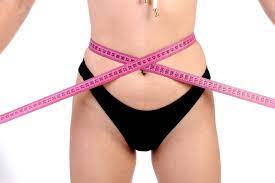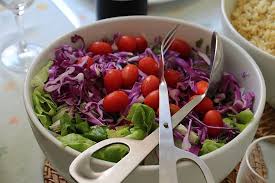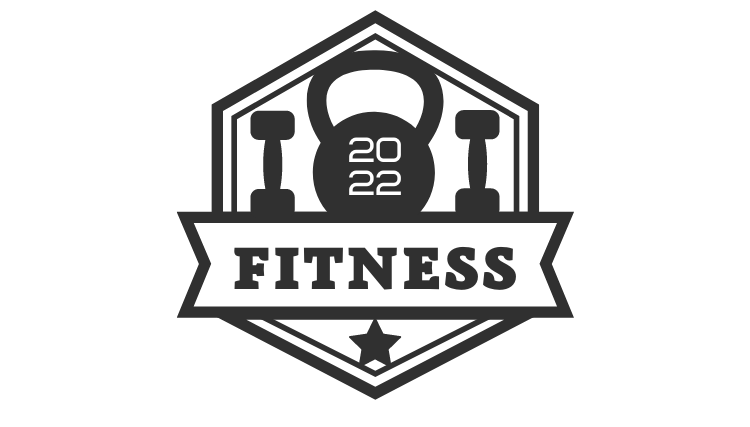How many calories should I eat daily?
This depends on your age, height, weight, exercise level, and metabolic health.
Obesity is defined as the body’s inability to sustain its current weight. This will help you shed around 1 pound (0.45 kg) every week.
Here are some typical calorie ranges that take things into account (4Trusted Source).
Women
A moderately active woman aged 26–50 must consume around 2,000 calories each day to maintain a healthy weight.
To maintain their weight, active women who walk more than 3 miles each day require at least 2,200 calories every day.
They need more calories than other ladies their age. Their daily calorie need is 2,200.
Over-50s women need fewer calories. One pound (0.45 kg) per week can be lost by a moderately active woman over 50.
Pregnant or nursing women’s calorie demands are higher than those estimated here.
Men
To maintain his weight, a 26–45-year-old guy requires 2,600 calories per day, and to shed one (0.45 kg) pound per week, he needs 2,100.
Active males who walk 3 miles or more per day need 2,800–3,000 calories to maintain their weight, and 2,300–2,500 calories to lose 1 pound (0.45 kg) each week.
Men aged 19–25 require more energy. They need 2,800 to 3,000 calories each day to be active.
Men should consume 2,300–2,500 calories each day to lose 1 pound (0.45 kg).
Men’s energy requirements decline with age.
An active man needs 2,400 calories per day between 46 and 65.
With ageing, a man’s daily calorie need drops to 2,200.
Children
Age, size, and activity level all influence a child’s calorie requirements.
A moderately active teenager needs 2,000–2,800 calories per day, compared to 1,200–1,400 for a toddler. Exuberant adolescent boys
Calorie counting is not necessary for children who are growing normally and engaging in regular exercise.
Moderately active kids naturally consume the quantity of food their bodies require when given a variety of nutritious alternatives to choose from
What are cals?
A calorie is an energy unit.
Calories are commonly used to assess food and beverage energy content.
Eating less than your body burns will help you lose weight.
How to lose weight
Calories are energy units.
You need to consume more calories than you burn to acquire weight. A calorie deficit leads to weight loss.
To lose weight, you must reduce your calorie intake without regard for the things you eat.
To improve your health, choose foods that are high in nutrients rather than low in nutrients.
Others feel hungry and return to old routines.
Here’s a simple scientific calorie calculator and five evidence-based suggestions for reducing calorie intake sustainable.
For a daily calorie intake calculator, enter your data.
With the Mifflin-St Jeor equation, the calculator can estimate calorie demands with high accuracy.
How many calories should I eat daily?
This depends on your age, height, weight, exercise level, and metabolic health.
Obesity is defined as the body’s inability to sustain its current weight. This will help you shed around 1 pound (0.45 kg) every week.
Here are some typical calorie ranges that take things into account (4Trusted Source).
Women
A moderately active woman aged 26–50 must consume around 2,000 calories each day to maintain a healthy weight.
To maintain their weight, active women who walk more than 3 miles each day require at least 2,200 calories every day.
They need more calories than other ladies their age. Their daily calorie need is 2,200.
Over-50s women need fewer calories. One pound (0.45 kg) per week can be lost by a moderately active woman over 50.
Pregnant or nursing women’s calorie demands are higher than those estimated here.
Men
To maintain his weight, a 26–45-year-old guy requires 2,600 calories per day, and to shed one (0.45 kg) pound per week, he needs 2,100.
Active males who walk 3 miles or more per day need 2,800–3,000 calories to maintain their weight, and 2,300–2,500 calories to lose 1 pound (0.45 kg) each week.
Men aged 19–25 require more energy.
They need 2,800 to 3,000 calories each day to be active.
Men should consume 2,300–2,500 calories each day to lose 1 pound (0.45 kg).
Men’s energy requirements decline with age.
An active man needs 2,400 calories per day between 46 and 65. With ageing, a man’s daily calorie need drops to 2,200.
Children
Age, size, and activity level all influence a child’s calorie requirements.
Moderately active teenagers need 2,000–2,800 calories per day, compared to 1,200–1,400 for a toddler. Exuberant adolescent boys.
Calorie counting is not necessary for children who are growing normally and engaging in regular exercise.
Moderately active kids naturally consume the quantity of food their bodies require when given a variety of nutritious alternatives to choose from
What are calls?
A calorie is an energy unit. Calories are commonly used to assess food and beverage energy content.
Eating less than your body burns will help you lose weight.
How to Hose Weight
Calories are energy units.
You need to consume more calories than you burn to acquire weight. A calorie deficit leads to weight loss.
To lose weight, you must reduce your calorie intake without regard for the things you eat.
To improve your health, choose foods that are high in nutrients rather than low in nutrients.
Others feel hungry and return to old routines.
4. Workout and Raise Weights
Losing weight reduces your body’s calorie expenditure.
Decreased metabolism due to long-term calorie restriction 
It can also cause muscle mass loss.
This can further slow down your metabolism because muscle burns calories.
Exercise your muscles by lifting weights, the only known method to avoid this impact.
Long-term Calorie Restriction
In the long-term calorie restriction, has been found to halt muscle loss and metabolic slowdown.
Losing weight requires both muscle maintenance and fat loss.
A home gym is an option for those who cannot access a gym due to time constraints or health concerns.
It’s not only about losing weight; it’s about maintaining good health and general happiness.
Not to mention the fact that it makes you feel better every day.
Lifting weights protects muscle loss and slows metabolism.
5. Limit Processed Carbs
This method of weight loss works by decreasing hunger and calorie intake.
Exercising for two to three times as long as a calorie-restricted low-fat diet will help you lose weight.
More than that, low carb diets are beneficial to persons with diabetes or metabolic syndrome.
But you need not go low carb.
Eating complete, single-ingredient meals is the best way to get healthy carbs with plenty of fibre.
The specific composition of your diet becomes less crucial if you stick to whole foods.
Dieting may help you lose weight by decreasing your appetite and calorie intake.
Calorie counters online
Many websites and applications can track your calorie consumption.
Over time, you’ll learn how much of each nutrient you consume.
Statistics may be eye-opening.
In Short
What you need in terms of daily caloric intake is determined by your metabolic status and your weight reduction or gain objectives.
Ketosis isn’t the same as calorie restriction.
Simply boosting your protein intake and exercising can help you lose weight and feel complete.
Please be so Kind to Leave Comments and Questions Below.

